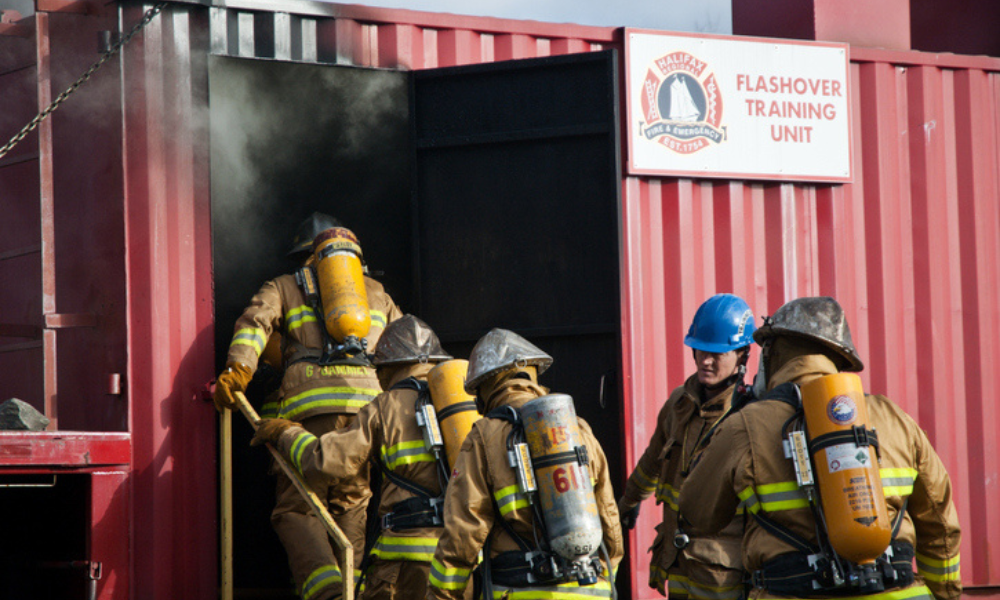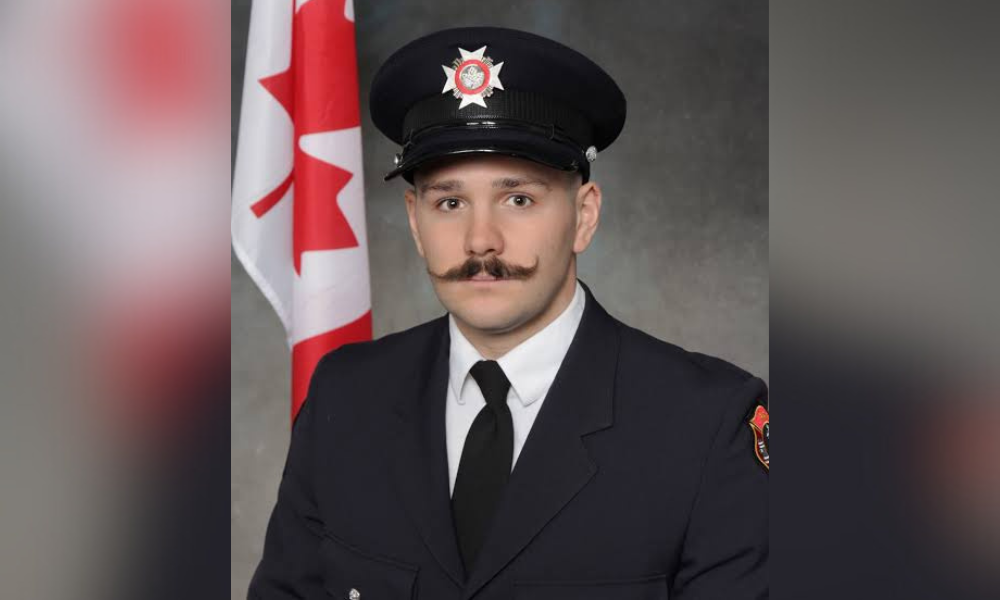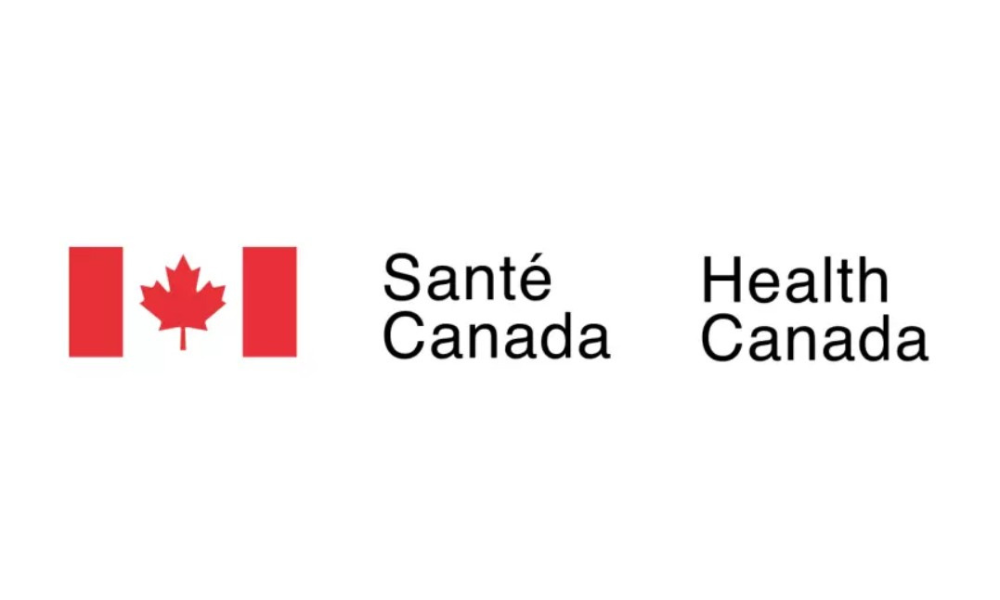Unions issue letters demanding executive director step down

The Nova Scotia Firefighters School is embroiled in controversy as safety concerns and calls for leadership change continue to mount. The Halifax Professional Firefighters Association issued a letter demanding the resignation of executive director John Cunningham, citing the school’s unsafe practices following the 2019 death of Truro firefighter Skyler Blackie. The Truro Professional Firefighters Association quickly followed suit, with both unions united in their belief that Cunningham’s leadership has failed to prioritize the safety of trainees.
Blackie died in hospital 11 days after a fire extinguisher he was using exploded during a training exercise. The school pleaded guilty in his death and was fined $102,000 for failing to perform routine maintenance and inspections of its fire extinguishers.
“The culture at the fire school is responsible for Skyler’s death, and nothing has changed since,” says Joe Triff, vice president of the Halifax Professional Firefighters Association. He emphasizes the school, intended to be the safest environment for firefighter training, still operates under outdated and hazardous conditions. A recent audit revealed over 40 safety violations, 22 of which were deemed high-risk. Triff and his union are calling for an overhaul of the school’s leadership to ensure safety becomes a priority.

(Skyler Blackie was 28 when he died from injuries caused by an exploding fire extinguisher. Photo Source: Town of Truro)
Tom Malone, president of the Truro Professional Firefighters Association, highlights the personal toll Blackie's death has had on the firefighting community. "Skyler’s loss was deeply felt not just in Truro but across the entire province. His tragic death should have prompted immediate and sweeping changes, but five years later, we’re still facing the same issues,” Malone says. The Truro association stands firmly with Halifax in urging the province to take control of firefighter training in Nova Scotia, which is currently managed by the nonprofit fire school.
The Department of Labour issued a stop-work order earlier this year after identifying numerous deficiencies at the school. While the order has since been lifted, restrictions remain in place, including the suspension of live fire training with propane equipment. “It’s unacceptable that our firefighters are being trained in unsafe conditions,” says Malone. He adds that without confidence in the school’s ability to provide safe training, fire departments across the province are now being encouraged to stop sending trainees there.
Both unions are also pushing for provincial involvement in the oversight and management of firefighter training. Triff points out that other provinces, such as New Brunswick and Newfoundland, have implemented government-run training programs, and he believes Nova Scotia should follow suit. “It’s time for the province to step in and ensure that the training of our firefighters is handled by a body that puts safety first,” Triff explains.
While there is hope for change, Triff and Malone stress that the process must start with Cunningham’s resignation and a complete re-evaluation of the fire school’s safety standards. They remain committed to advocating for reform and ensuring that no other family experiences the pain of losing a loved one to preventable accidents. "Skyler’s family deserves immense credit for their persistence in pushing for these changes," says Triff. "Their fight for a safer training environment honors his memory and could save lives in the future."
As the unions continue their campaign, many in Nova Scotia’s firefighting community agree that the school cannot continue operating as it has. For now, both unions have urged departments across the province to avoid the school until meaningful changes are made. “Our firefighters deserve better,” Malone concludes. “It’s time for a new era of safety in Nova Scotia’s fire training.”





